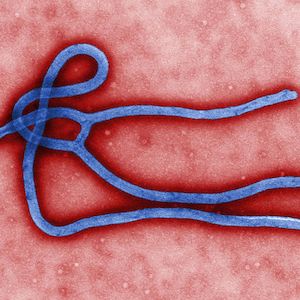Kent Brantly And Nancy Writebol, American Missionaries, Cured Of Ebola, Released From Hospital
Dr. Kent Brantly and Nancy Writebol, two American medical missionaries, successfully fought off the Ebola virus and have been discharged from Emory University Hospital.
American Aid Workers Discharged After Ebola Scare
Brantly was released from the Atlanta hospital Thursday after Writebol’s release on Tuesday, reported the Los Angeles Times. Though Writebol declined to meet with the press due to her ongoing recovery, Brantly participated in a news conference upon his release while standing beside his wife Amber Brantley.
“God saved my life. A direct answer to thousands and thousands of prayers,” said Brantly. “Today is a miraculous day. I’m thrilled to be alive, to be well and to be reunited with my family. As a medical missionary, I never imagined myself in this position.”
Brantley continued, “Please continue to pray for Liberia and the people of West Africa, and encourage those in positions of leadership and influence to do everything possible to bring this Ebola outbreak to an end.”
In lieu of a news conference, Writebol shared her gratitude through a statement by her husband David Writebol. He said that his wife wanted him to “share her gratitude for all the prayers on her behalf.” David Writebol added, “As she walked out of her isolation room, all she could say was, ‘To God be the glory.’”
Director of Emory’s Infectious Disease Unit Bruce Ribner commended the determination of both Brantly and Writebol to fight the often-fatal virus. Due to the efforts of the patients and the medical team, Ribner was able to deem them free of the virus.
“All of us who have worked for them have been impressed by their determination,” Riber said. “After a rigorous course of treatment and testing, the Emory healthcare team has determined that both patients have recovered from the Ebola virus and can return to their families and community without concern for spreading this infection to others.”
Brantley and Writebol received an experimental drug called ZMapp. While both patients survived, it’s unknown if the drug played a part in their recovery. The aid workers were also treated with the traditional methods of treating Ebola, which involves keeping the patients hydrated, maintaining their blood pressure and tending to infections. No cure or vaccination has yet to be developed for the virus, which claims the lives of the majority of those who become infected.
RELATED ARTICLES
Get the most-revealing celebrity conversations with the uInterview podcast!









Leave a comment